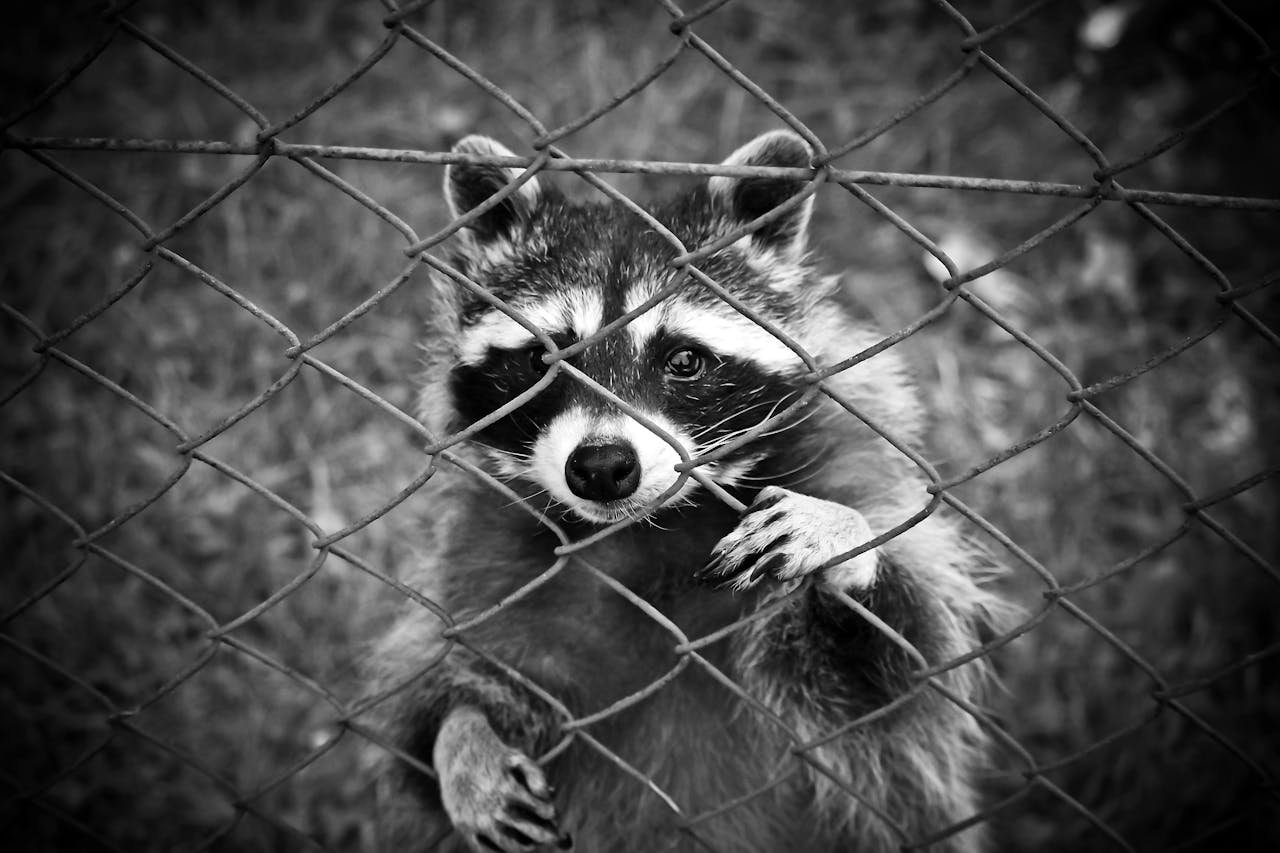This page includes affiliate links which I may receive a small commission for. All opinions remain my own and I only recommend products or services I believe will add value to my readers.
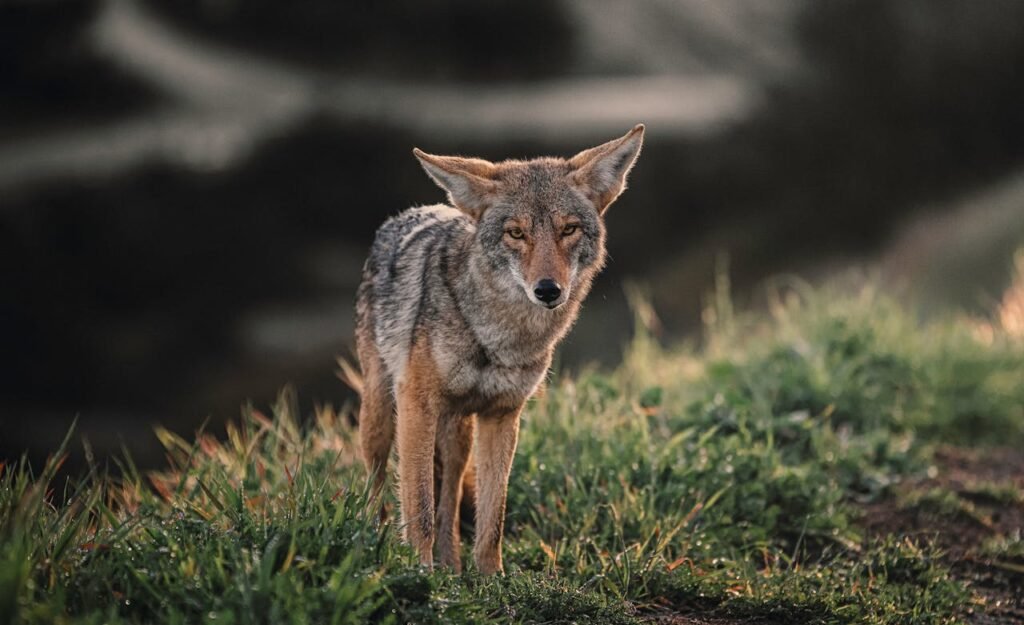
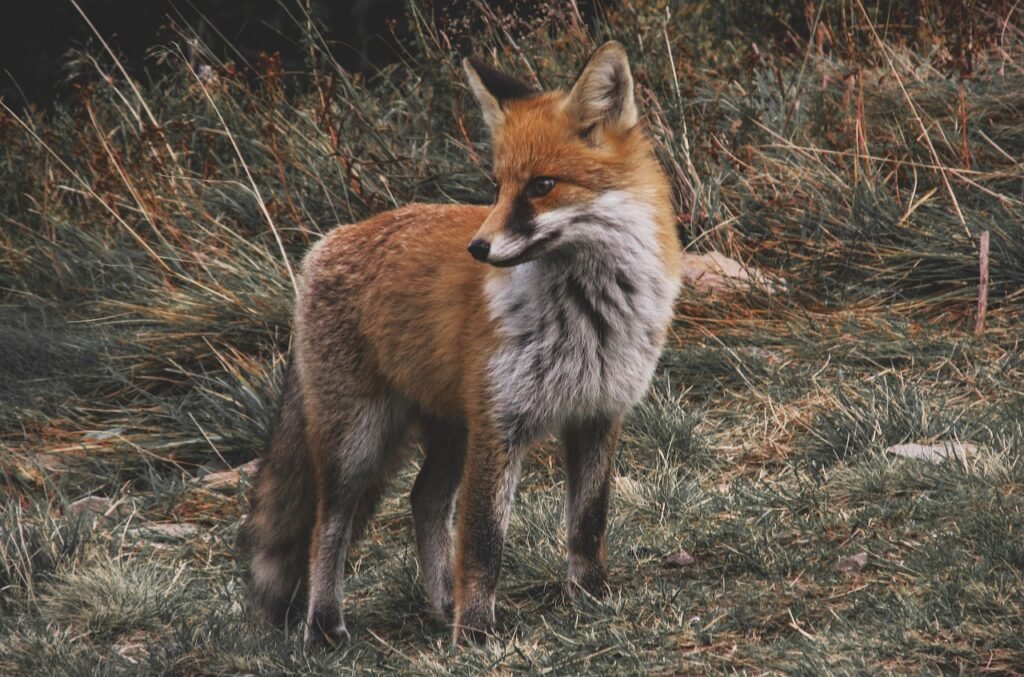

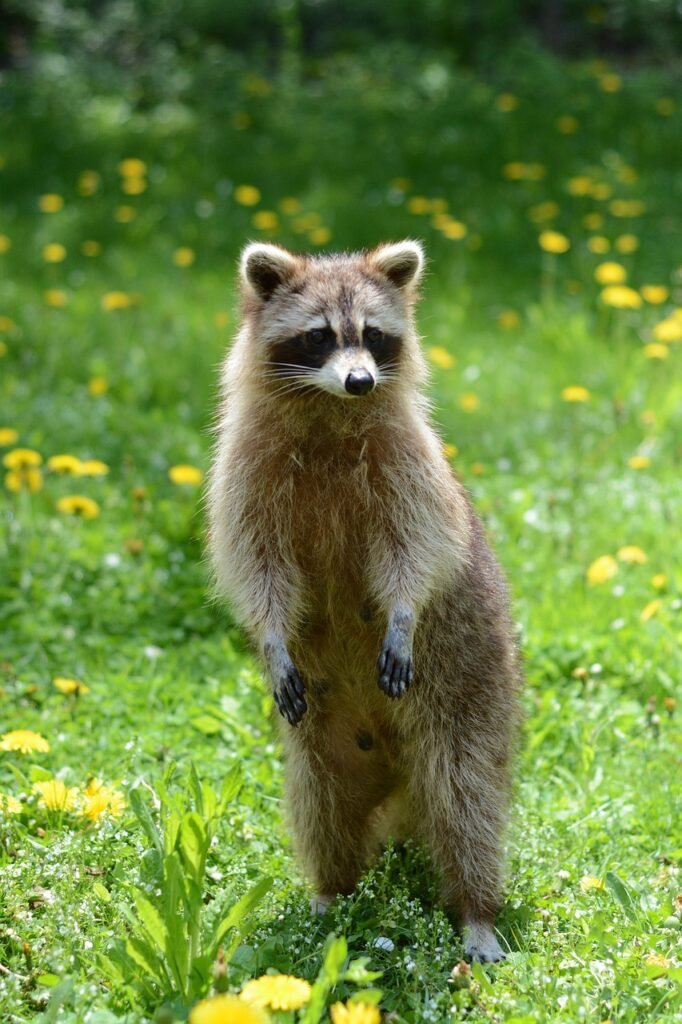
Raising chickens can be a rewarding experience, providing fresh eggs and a sense of homestead living. However, protecting your flock from predators is essential to ensure their safety and longevity. There are a variety of animals that pose a threat to your flock depending on where you live. Some of the animals that will kill adult chickens, chicks and eat chicken eggs are:
- Badgers
- Bears
- Birds of prey
- Bobcats
- Cats
- Coyotes
- Dogs
- Fisher Cats (a type of weasel)
- Foxes
- Raccoons
- Weasels
- Wolves
Some smaller predators that could injure your adult chickens, kill your chicks and eat chicken eggs are:
- Opossums
- Rats
- Skunks
- Snakes
Here are some effective strategies and recommended products to help keep your chickens safe.
Secure Your Coop
The first line of defense against predators is a well-constructed and secure chicken coop. Your coop should be made of durable materials like solid wood or heavy-duty plastic. I recommend using wood. Weak materials can be easily breached by determined predators.
Use secure latches and locks on all doors and windows. Raccoons, for example are amazingly dexterous and can open simple latches. See below for an example of a good latch to use. This lock is sturdy and if you are still worried you can pair it with a carabiner clip.
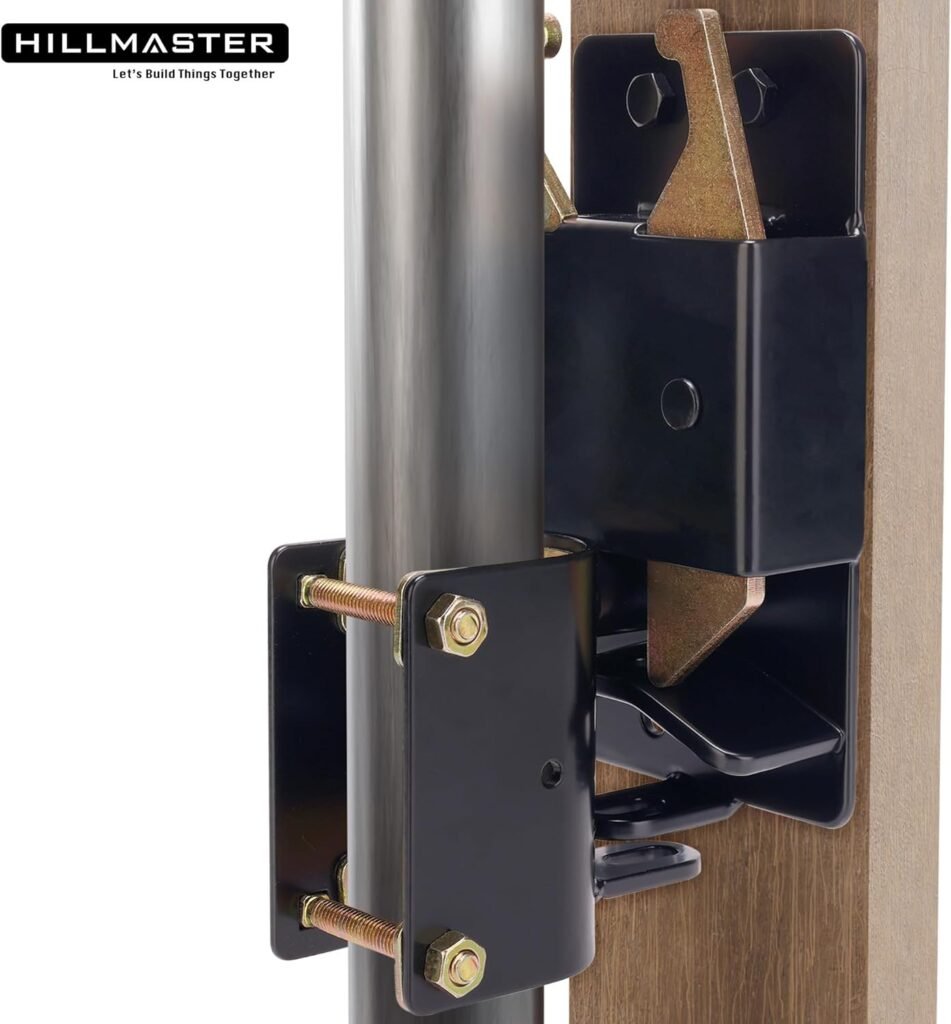
Predator-Proof Fencing
Installing predator-proof fencing around your coop and run area is crucial. I ran it underneath my main coop area too so nothing can dig underneath to get in.
Instead of using chicken wire, I would use hardware cloth with 1/2″ openings. Chicken wire can be easily chewed through by many predators, while hardware cloth is much more durable. If you are unable to install the hardware cloth underneath the entire coop, dig a trench around the perimeter of the coop and bury the hardware cloth at least 12 inches deep to prevent predators from digging underneath. See recommended product below.
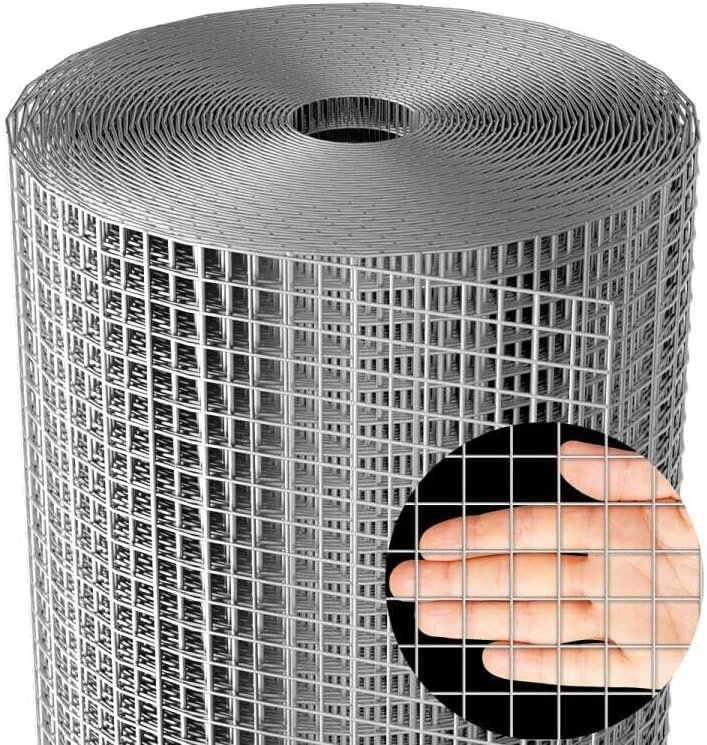
Automatic Coop Doors
Automatic Coop Doors can provide an additional layer of security by ensuring your chickens are safely locked in at night and allowed out in the morning without relying on manual operation. See popular brand pick below and read post on automatic chicken door comparison.

Motion Sensor Lights
Motion sensor lights can scare off nocturnal predators by startling them with sudden light. See recommended product below
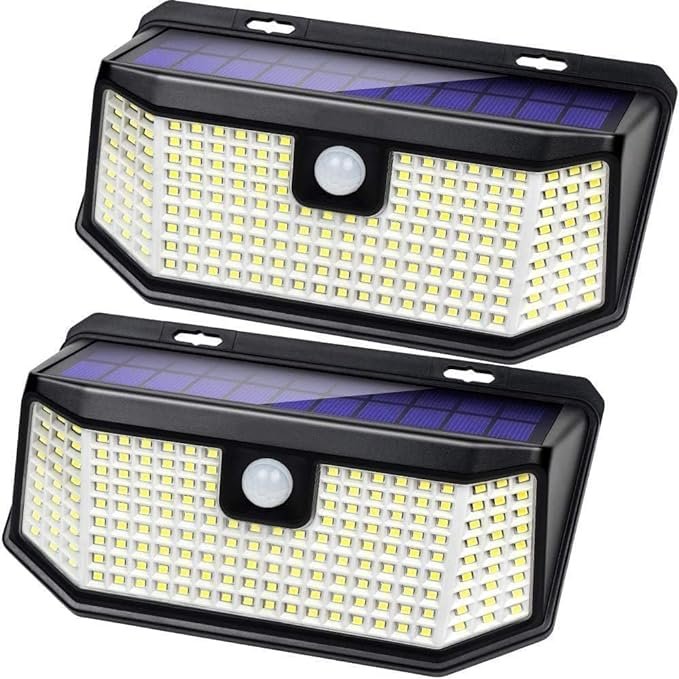
Predator Deterrents
Using predator deterrents can help keep unwanted animals at bay.
Ultrasonic repellents are devices that emit high frequency sounds that are unpleasant for many predators and pests but inaudible to chickens. They may only work for mice and rats. See recommended product below.
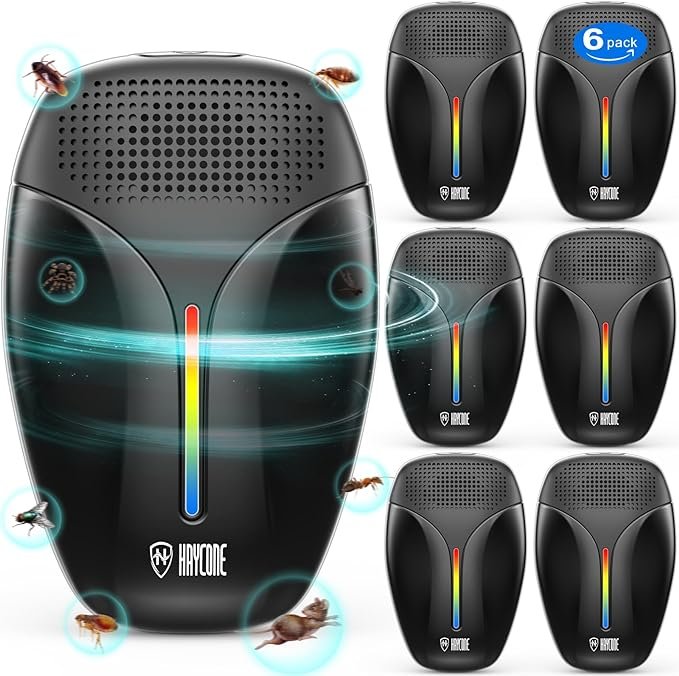
Predator Decoys like fake owls or hawks can deter smaller predators such as rodents, raccoons and birds of prey.
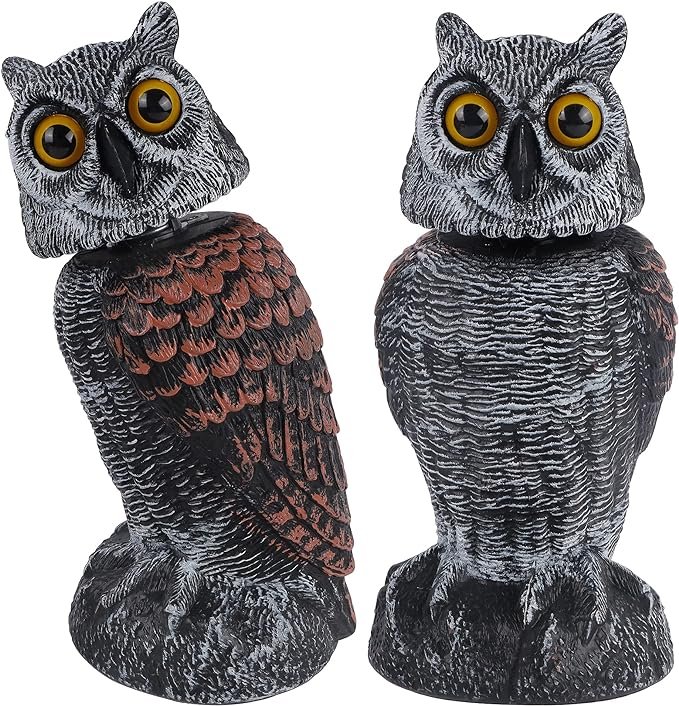
Store Your Food Securely at Night
Rats and mice love eating chicken feed and/or any scraps left out in the coop and run and they could carry diseases and parasites. They may even make their home somewhere inside your coop for easy access to your chickens’ food. Birds and other animals will also take advantage of any food left out. Keep your food stored away at night and pick up any scraps that may have been left to deter any unwanted pests. This will also save you money because rats and other pests can eat a lot of your chicken feed if given the opportunity. To help keep them away, you can use the predator deterrents listed above. If you already have rats or mice bunkering down in your coop you can set up a trap(s) with some tasty bait once the chickens are closed in and remove them before you let the chickens out. The traps should work after two or three days. If you want to use a more humane method, there is also the “Ratinator” catch and release trap. It can hold up to 21 rats and makes it much easier to release the rats to another location once you catch them. See options below.
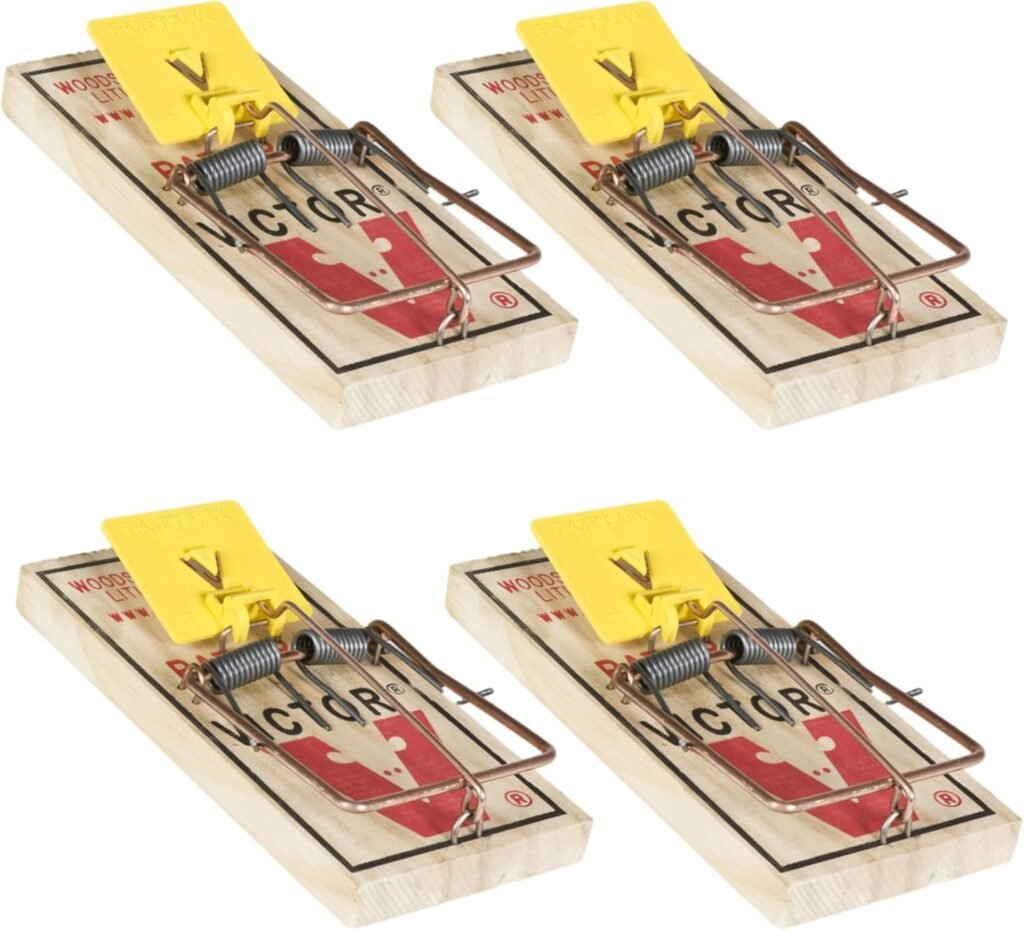
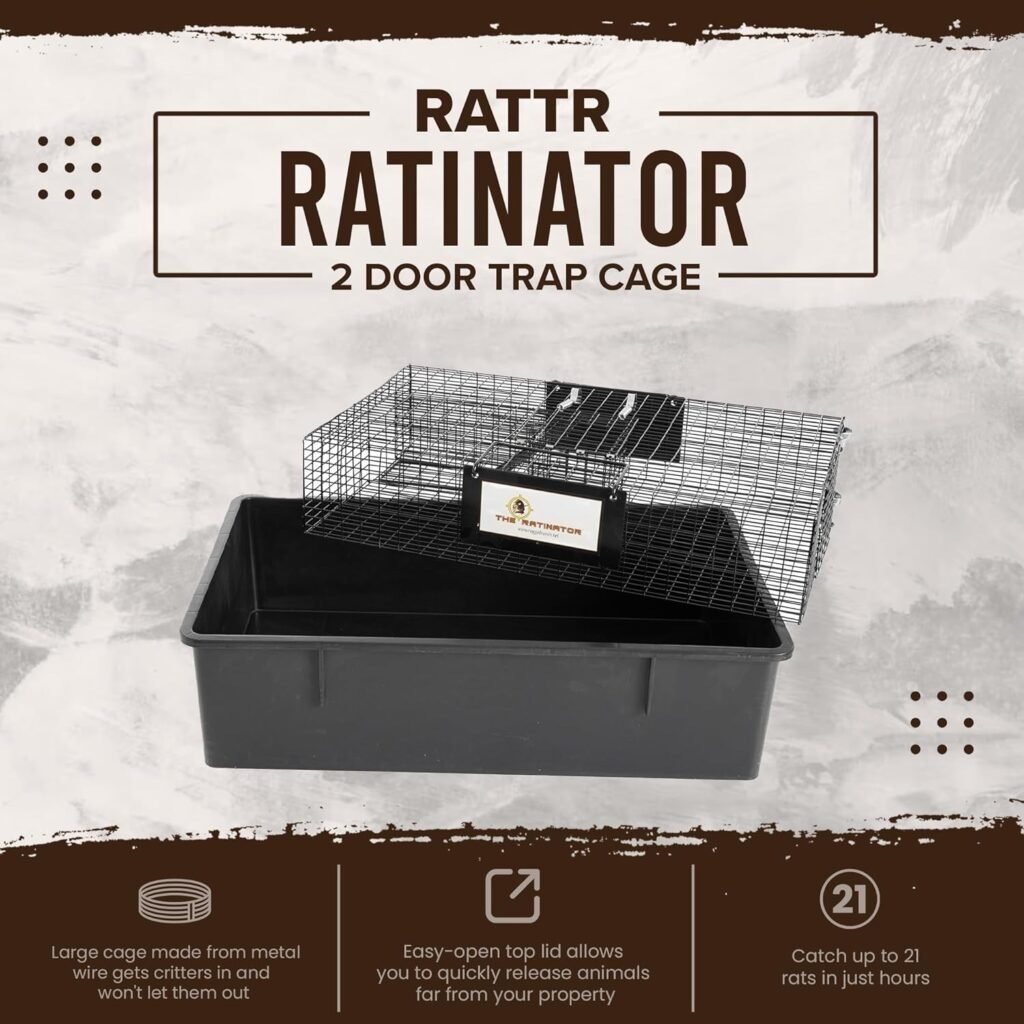
Electric Fence for Poultry
These are easy to put up and can be a great deterrent. This one is less expensive, but you would need to buy an energizer separately. Both are listed below.
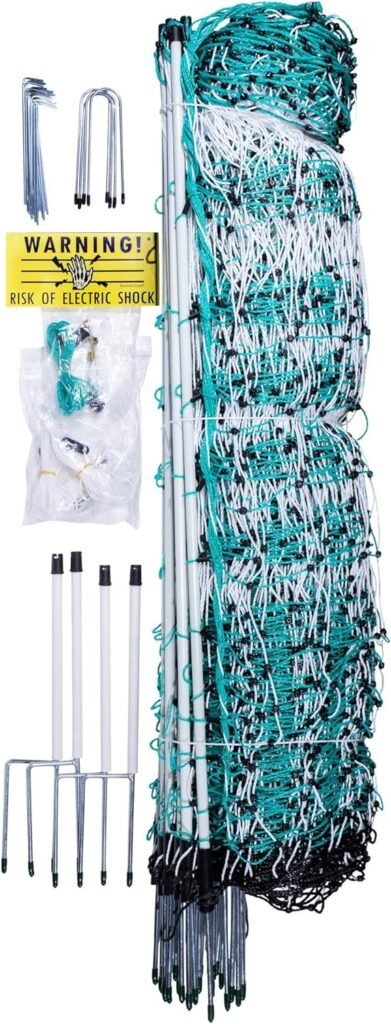
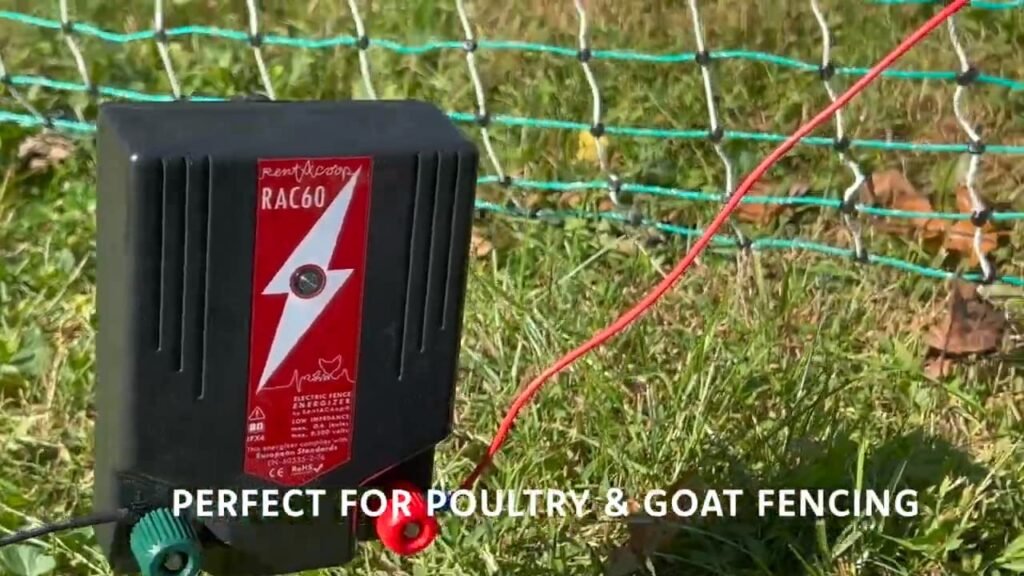
Guard Animals
Certain animals, such as cats, dogs or geese, can help protect your chickens by deterring predators through their presence or behavior.
Livestock guardian dog breeds like Great Pyrenees or Anatolian Shepherds are specifically bred to protect livestock.
Geese are known to be very protective and can act as natural alarms against intruders.
Regular Maintenance and Checks
Perform regular checks on your coop and fencing to ensure there are no weak points or damage that predators could exploit.
Inspect fencing for any holes or rust spots that may weaken the structure.
Ensure all locks and latches are functioning correctly and have not been tampered with.
Keeping your chickens safe from predators requires a combination of secure housing, deterrent measures, and regular maintenance. By investing in quality materials and products, you can create a safer environment for your flock. Whether it’s a sturdy hardware cloth fence or an automatic coop door, each layer of protection adds to the overall safety of your chickens. By implementing these strategies and using the recommended products, you can enjoy the peace of mind knowing that your chickens are well protected from potential threats.
